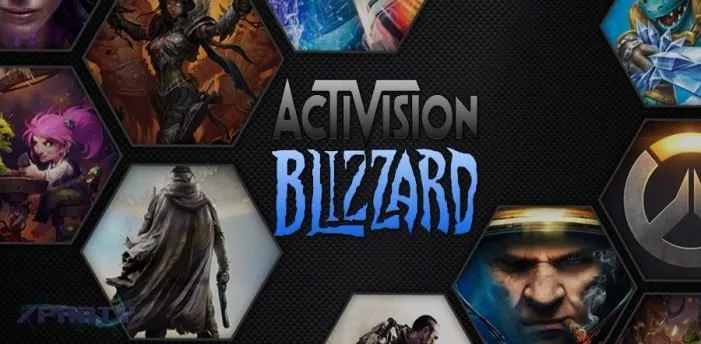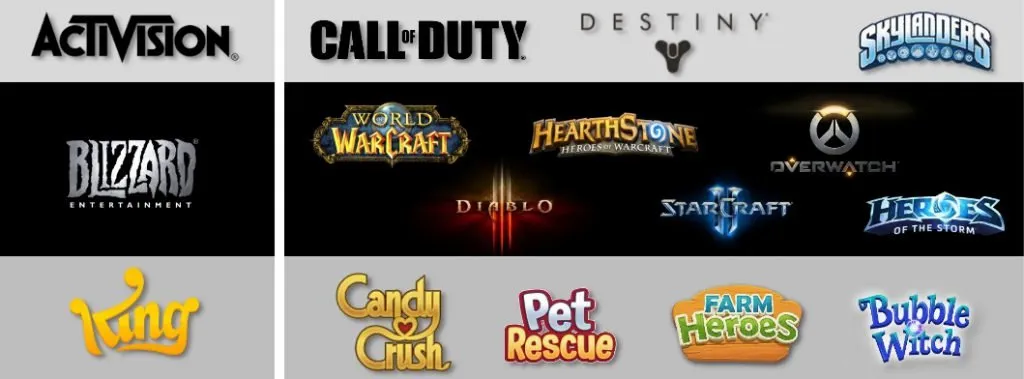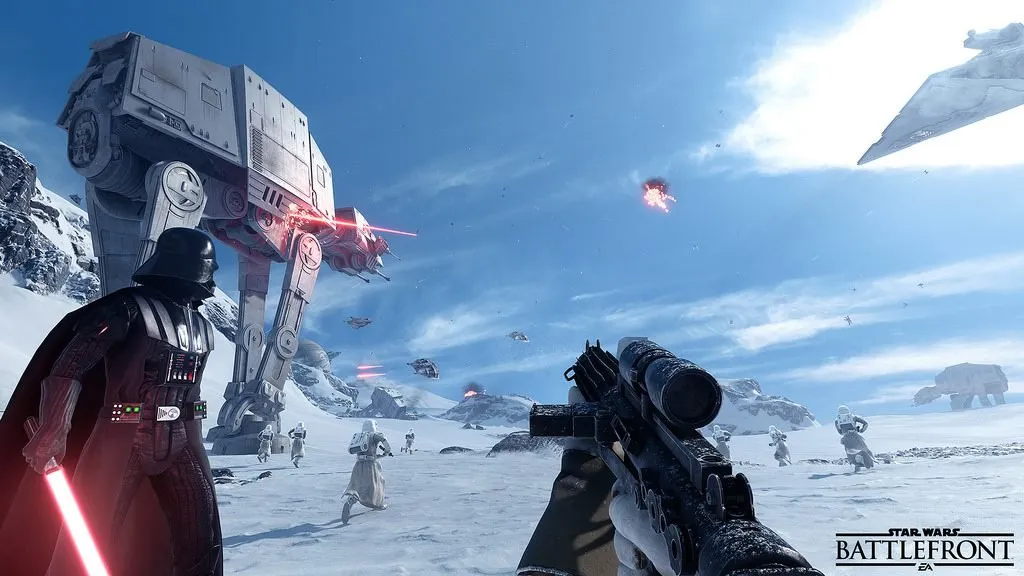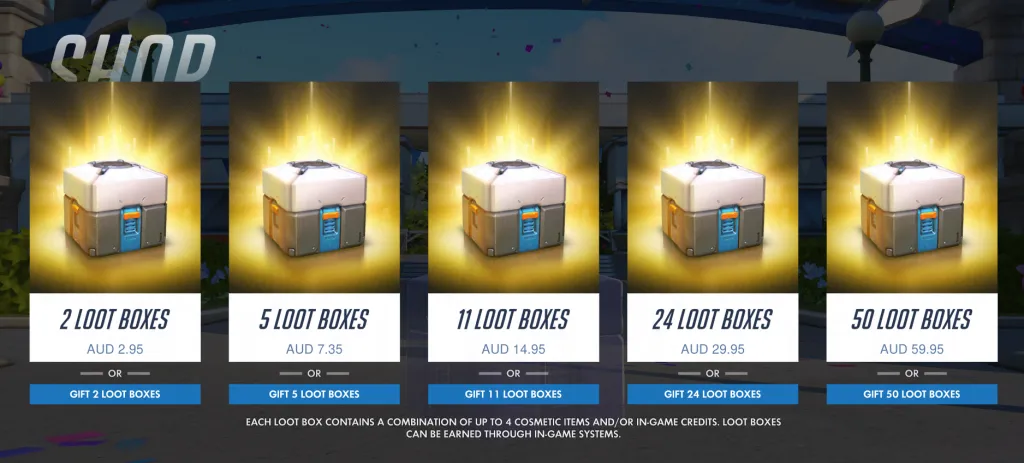
Late last week, Activision Blizzard announced their record breaking 4th quarter and it was all thanks to microtransactions. In their media release they state that in the 4th quarter alone microtransactions made them over a billion USD and over 4 billion in all of 2017. For comparison, their entire annual income was 7 billion. This means microtransactions contributed to the majority of their earnings. This is an indication that game publishers have financial incentive to increase their controversial focus on microtransactions.
Which games contributed to this?
The three biggest studios included in Activision Blizzard are the namesake developers, Activision and Blizzard, as well as mobile game developer King. Activision have slowly began focusing on microtransactions over DLC in 2017 through Call of Duty WW2, Destiny 2 and Skylanders Imaginators. The media release notes that Blizzard, through all of 2017, didn’t have a single game release. Instead they gained revenue through existing properties, most notably Overwatch’s loot boxes and Hearthstone’s card packs. The most significant studio is King, known for their incredibly popular mobile games Candy Crush Saga and Candy Crush Soda Saga. Both Candy Crush games were in the top 10 highest grossing US titles, despite both being free to play.

What does this mean?
The biggest takeaway from these figures is that microtransactions are an integral part of publisher’s business models. Activision Blizzard made an unprecedented 4 billion USD from microtransactions alone. It was just last week that Gamers Classified wrote about the possible “fall of loot boxes”. However the overwhelming financial success is a business incentive for publishers to ignore any controversy surrounding microtransactions and double down. As example of this is EA’s Star Wars Battlefront 2, which received such backlash against its “pay to win” reliance on microtransactions that they disabled them completely. However, EA executive Blake Jorgensen told investors that they would be reintroducing them in the following months due to underwhelming sales. Microtransactions are here to stay, offering developers continued revenue to fund post launch support for games, like Overwatch’s constantly expanding maps and roster.

More microtransactions despite controversy?
While an important financial tool for publishers, microtransactions are not without their controversy. The Battlefront 2 example was just one of many PR disasters following “pay to win” allegations. Often at the heart of these complaints is that microtransactions directly impact gameplay, giving those who pay more an unfair advantage. However many of Activision Blizzard’s microtransactions are either for a single player or PvE component of the game, or a cosmetic or visual item for characters.
This of course draws comparison to another controversial side of microtransactions, specifically loot boxes. After Valve launched Counter Strike: Global Offensive in China, they were forced to reveal the drop rate odds for all items. This led many to condemn Valve for the lack of transparency and lack of fairness in loot boxes. Germany took a strong stance against loot boxes, labelling them as gambling marketed to uninformed children. They also have considered an outright ban for loot crates. Much of this applies to a game like Overwatch, but, unlike gambling, Overwatch offers a guarantee of 4 items instead of an all or nothing model. However, consumer backlash seems to be contained entirely within the media with company revenue suggesting the opposite. For microtransactions to disappear they would have to be financially detrimental.

With microtransactions being both highly controversial and highly profitable, they have never been more relevant. Publishers like Activision Blizzard are more likely to look at controversy and adapt their microtransactions models to make them more transparent and fairer rather than to outright remove them. Overwatch is currently in their Lunar New Year event, introducing exclusive skins and emotes to their loot boxes.
Nick McDonald @gamersclassified
Gamers Classified
Source
Website: https://www.gamersclassified.com/
Twitter: https://www.twitter.com/gamesclassified
Facebook: https://www.facebook.com/gamersclassified
Instagram: https://www.instagram.com/gamersclassified